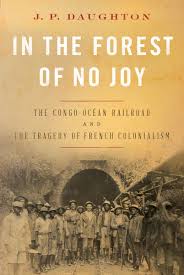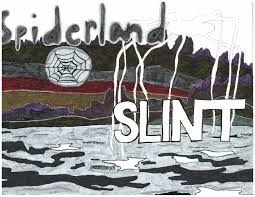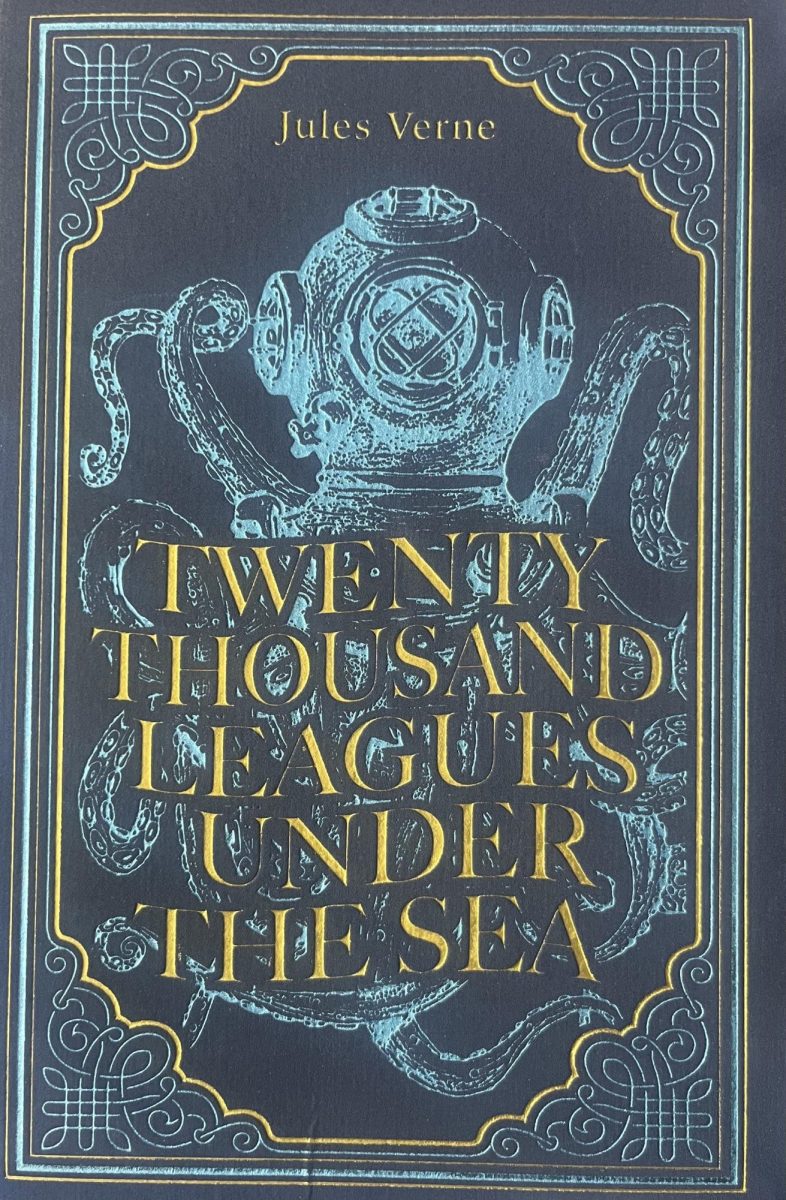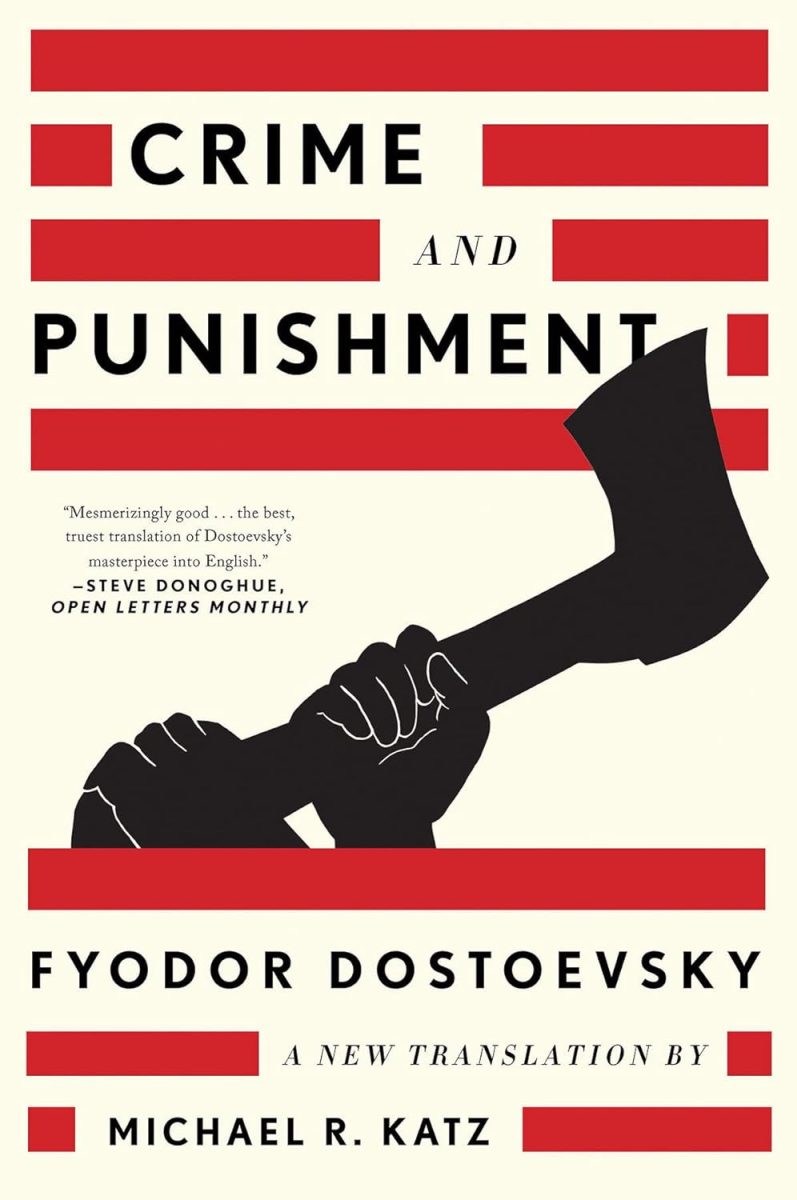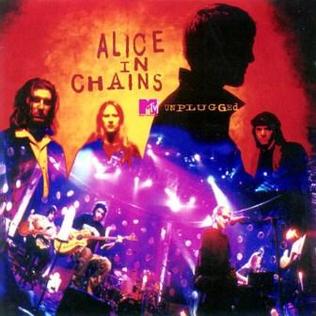“Crime and Punishment” by Fydor Dostoyevsky is a must-read novel for those who enjoy psychological thrillers, crime dramas and exploring philosophical perspectives.
“I think his work transcends a simple work of narrative fiction, ‘Crime and Punishment’ in particular, has immense philosophical significance in terms of ethics and faith,” said Brookdale philosophy instructor Bryan Cocchiara when discussing Dostoyevsky’s writings.
First published in 1866, the book follows Rodion Raskolnikov, a destitute student driven to murder in mid-19th century Saint Petersburg, Russia. Raskolnikov’s philosophy is at the center of the book as he attempts to justify his actions to himself.
The book explores what it means to be moral. It asks when and why it is OK to cross traditional moral standards. Though not everyone may agree with Dostoyevsky’s conclusion, the questions he raises are worth considering.
“I bring these up from time to time in my classes. The plight of Raskolnikov is something that I ask some of my students in my ethics course to think about,” Cocchiara said. “Is morality truly about consequences? Do you get away with something if you don’t get caught?”
The story certainly is not for everyone. The book contains references to rape, child predation and suicide.
The novel starts slowly, but the slow beginning is well worth the wait.
“You have to commit to reading the entirety of the text,” Cocchiara said.
The epilogue is rather unnecessary, serving for the author to interject his own beliefs “it feels tacked on,” Cocchiara said.
The book is also host to some amazing scenes, especially those with Porfiry, the novel’s foremost investigator. He relieves some of the philosophical tension from the book but brings a unique tension of his own to the story.
“It’s hard to … look at the way Porfiry is conducting himself and not visualize in your mind a Columbo-like silly detective … You think, ‘Is he the world’s greatest detective or is he Inspector Clouseau?’” Cocchiara said.









